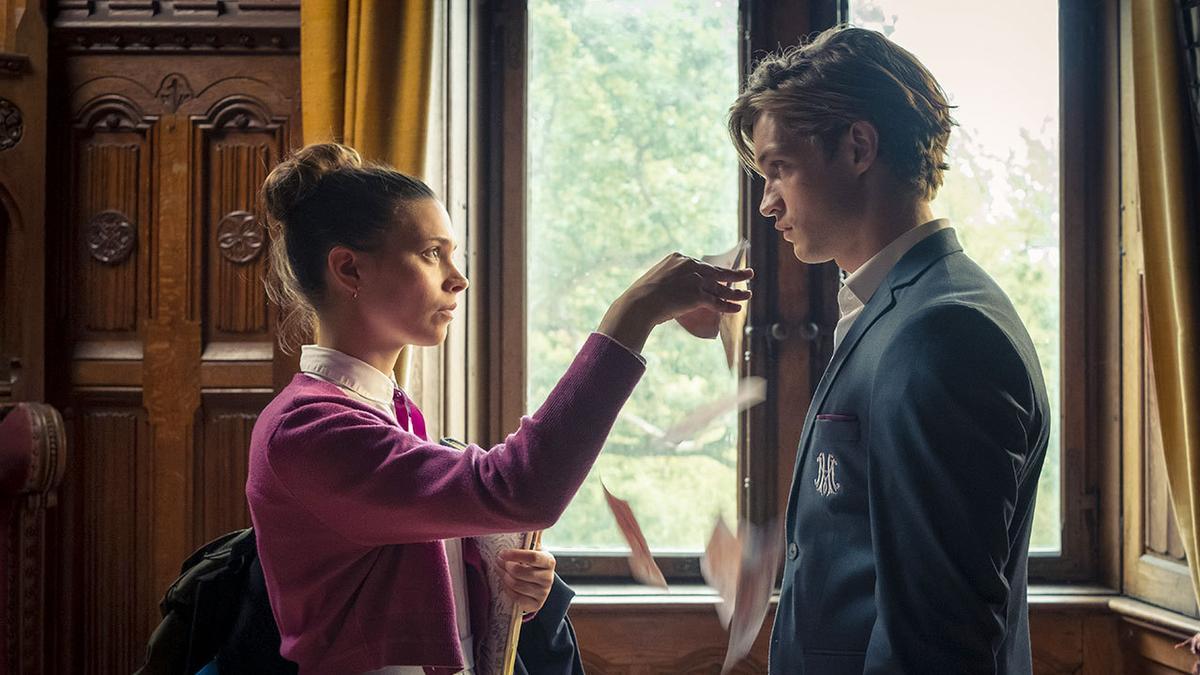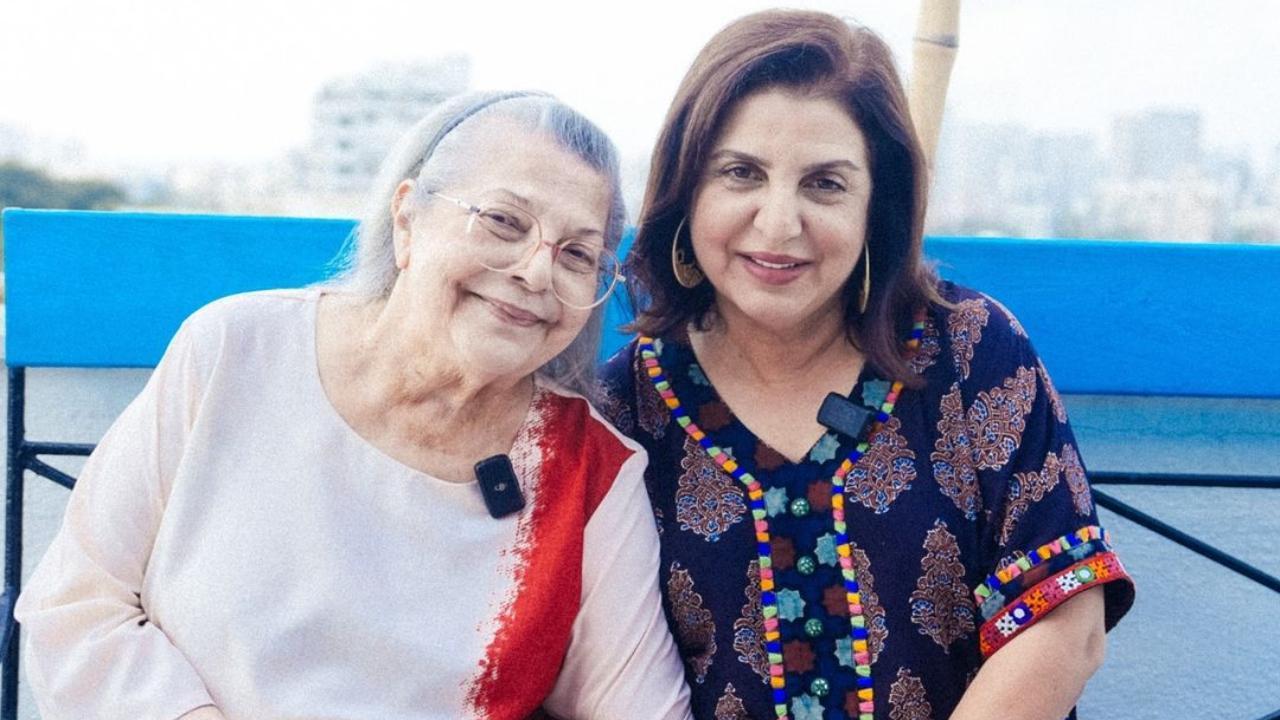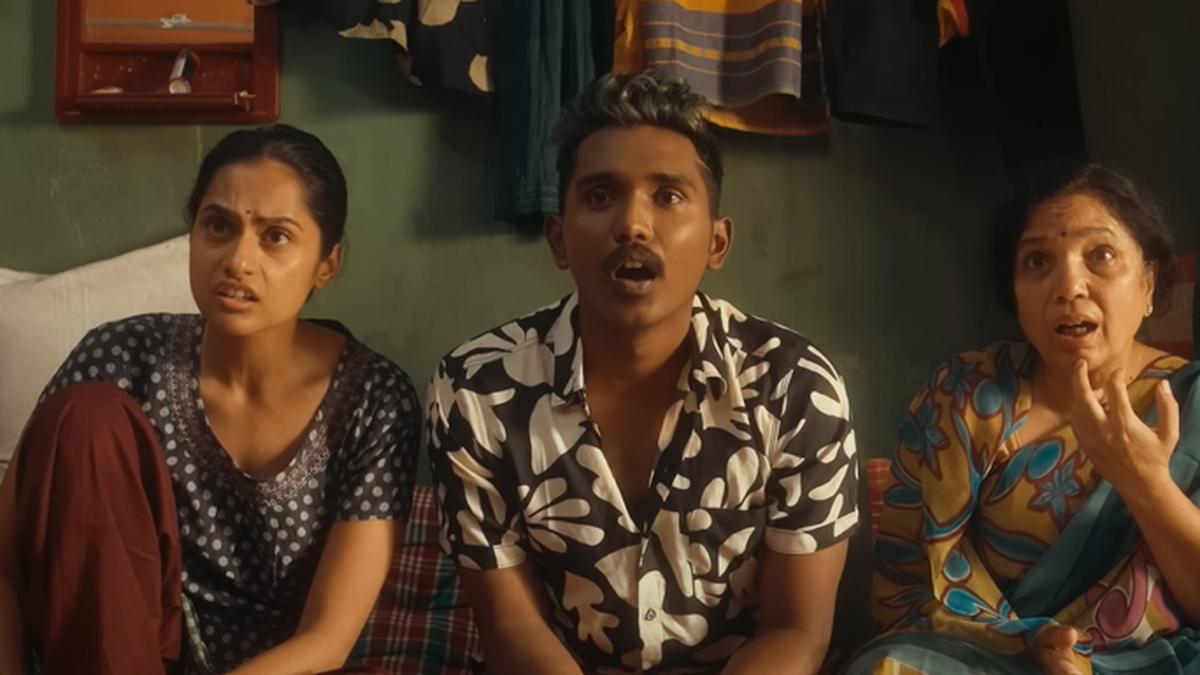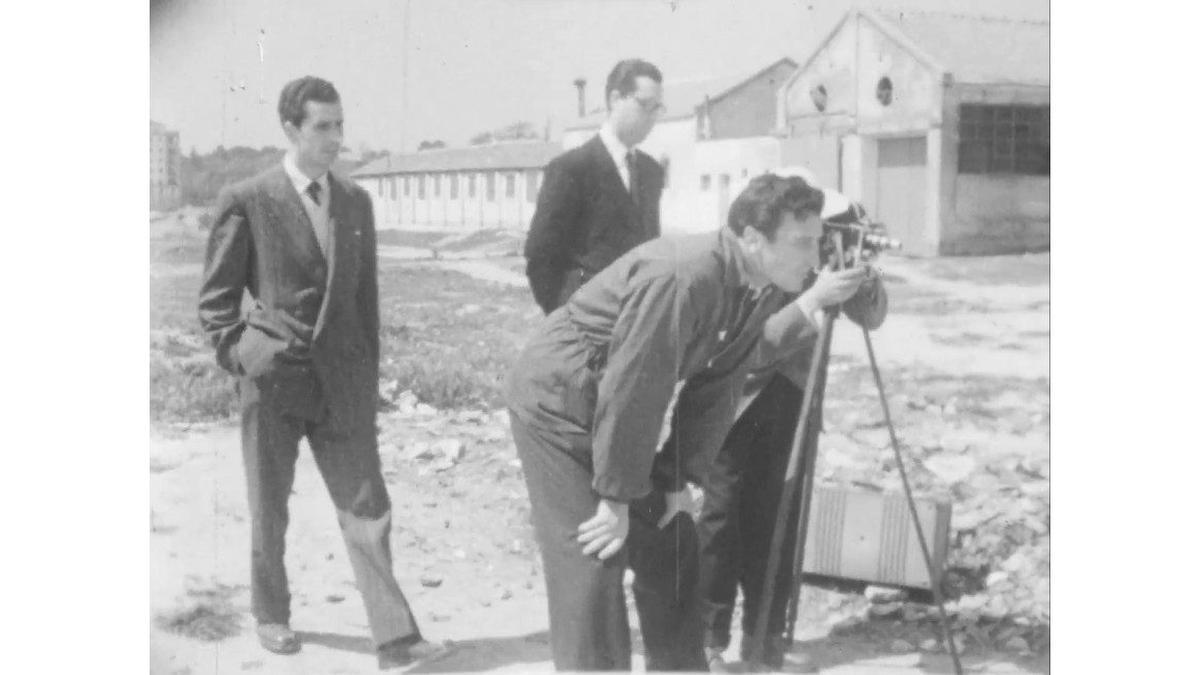
The online community is currently besotted with Maxton Hall — The World Between Us, an Amazon Original series which revolves around a scholarship student, Ruby Bell (Harriet Herbig-Matten), and an arrogant heir, James Beaufort (Damian Hardung). The series, which is currently the talk of the town, is based on Mona Kasten’s book Save Me, and has captivated audiences with its compelling yet familiar narrative.
The show opens with a strong sense of opulence and old money, epitomized by James and his family, a web of problems and secrets. The first fifteen minutes plunge viewers into a dimension of privileged elites indulging in mischief, juxtaposed against the morally upright scholarship student, Ruby Bell. The initial spark between Ruby and James is framed by an incident involving James’ sister, Lydia Beaufort (Sonja Weißer), and her scandalous affair, setting the stage for a complex and tumultuous relationship.
From the get-go, rivalry and enmity take center stage. James escalates the tension dramatically by sending strippers to an event Ruby has painstakingly organized at Maxton Hall, a move that not only highlights his arrogance but also her resilience and ambition. Ruby’s clear goal of excelling at Maxton Hall and eventually securing a place at Oxford stands in stark contrast to James’ entitled demeanor, driving the plot forward and pitting the pair against each other in a battle of wills. In executing the classic ‘enemies to lovers’ and ‘rich boy, poor girl’ tropes, the series adheres to time-tested conventions, making it somewhat predictable but undeniably engaging.
Yet, this is hardly where the clichés end. Adding layers of complexity, the narrative continuously weaves in classic elements of melodrama: an overbearing family, break-ups, jealousy, and inevitable reconciliations. Despite the familiarity, these elements create moments of genuine connection as Ruby and James navigate their paths to self-discovery and happiness. The season concludes on a cliffhanger that leaves viewers anxiously awaiting the next chapter in their journey. Given that Kasten’s series of novels includes two more installments, Save You and Save Us, there is ample material to keep fans hooked for future seasons.
The trope of ‘rich boy, poor girl’ has long been a magnet for diverse audiences, its vitality undiminished by time or repetition. For those well-versed with the fantastical realms of the Barbie franchise, the trope is reminiscent of Barbie: Princess Charm School, where an arrogant male lead could easily be exchanged for the charming Ken to create a family-friendly counterpart to Maxton Hall.
. Such narratives speak to a broad demographic, evoking nostalgia and a fairytale allure.
The influence of this trope extends well beyond Western media. The Hallyu wave, or Korean wave, has embraced similar narratives with immense success. A prime example is The Heirs, a series that continues to find a spot on ‘Top 10 binge-worthy K-drama’ lists years after its release. This show blends the ‘rich boy, poor girl’ dynamic with Korea’s infamous chaebol system, offering a contemporary and culturally specific twist on the classic trope. Similarly, the globally acclaimed 2018 film Crazy Rich Asians capitalizes on the same thematic elements, proving the universal appeal of this storyline.
Literary enthusiasts will recognize the enduring nature of such tropes in classic literature. Characters like the brooding Byronic hero, akin to Mr. Rochester in Charlotte Brontë’s Jane Eyre, embody the archetype of the wealthy and complex male lead, while protagonists like Jane Eyre represent the virtuous and ambitious counterpart. These stories have captivated readers for generations and continue to do so through their modern adaptations and reinterpretations.
The enduring success of the ‘rich boy, poor girl’ trope can be attributed to several factors. It fulfills a deep-seated desire for social mobility and success, offering a form of catharsis through fairy tale endings and the realization of unattainable dreams. Maxton Hall’s popularity is a testament to this timeless narrative’s ability to resonate with audiences, reflecting broader societal trends and aspirations.
In conclusion, Maxton Hall — The World Between Us stands as a contemporary representation of classic storytelling tropes, its predictability balanced by a compelling execution and relatable themes. As audiences eagerly await further seasons, the series’ ongoing success underscores the perennial allure of romance, rivalry, and the quest for personal fulfillment that defines this enduring genre.
English cinema / World cinema / television










